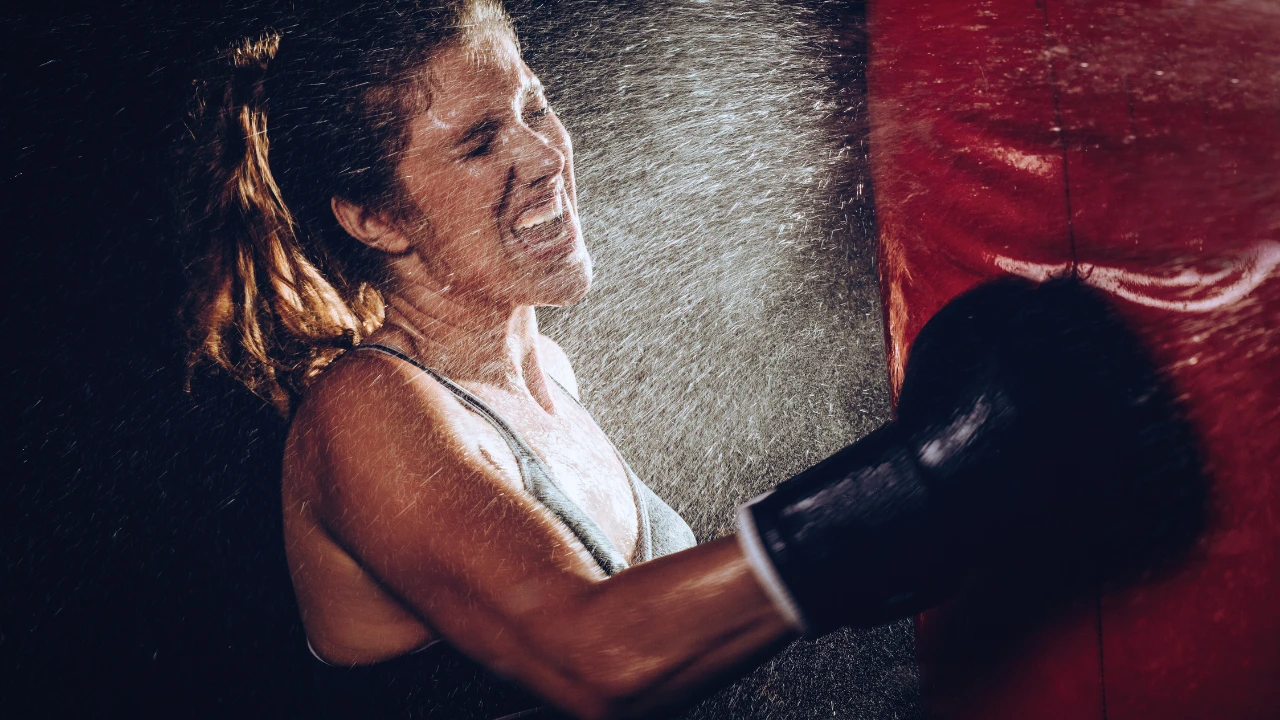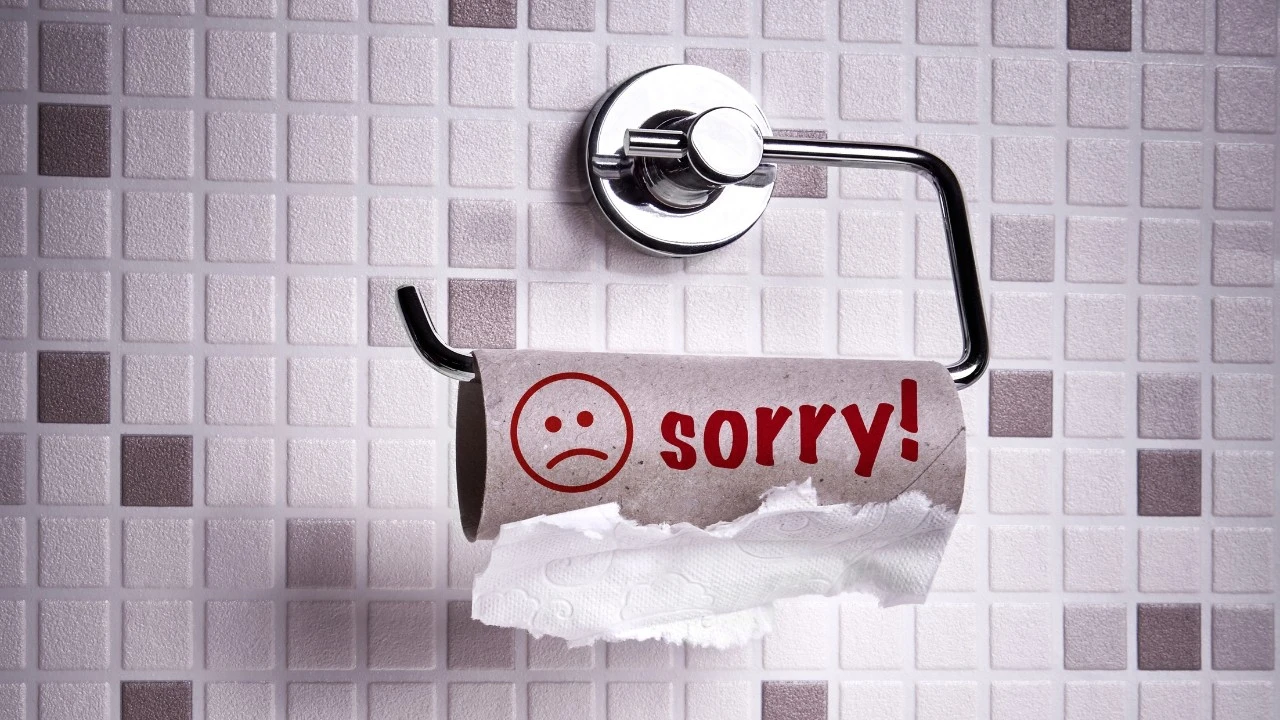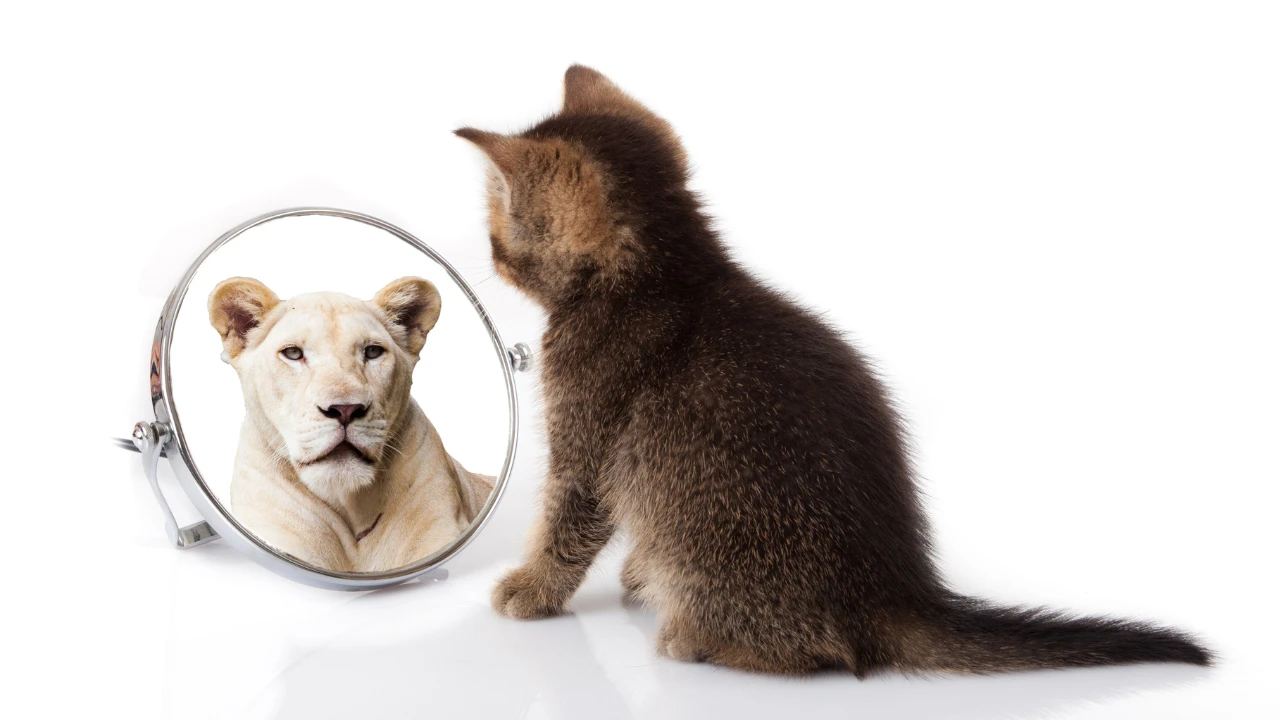Martial arts is a highly competitive sport that has more than its share of ego and bravado. It’s an industry that thrives on who can beat whom, which system is the best, and who has the baddest instructor. This culture conditioned me to size people up, both mentally and physically, immediately upon meeting them. Practitioners often compare things like the highest kick or the fastest punch, and instructors can sometimes be unrelenting in their pursuit to be better than the dojo around the corner—right down to the pictures on their walls and the trophies on their shelves. Don’t get me wrong; there are some great schools that are led by humble instructors who refuse to get caught up in this mindset. And, even though these schools are the crown jewels of the martial arts world, they are also the minority.
During my 20s, I experienced a pivotal moment in my life when I finally broke away from this competitive mindset and shifted my focus from “always competing against others” to “only competing against myself.” I was living in Oklahoma at the time and training with one of the best “pound-for-pound” kickboxers in the world. The facility was one of the nicest I had ever seen, the training regimen was intense, and the head instructor was dead serious about producing champions. When you showed up, I you came to work, without excuse and with very little socializing. I was surrounded by some of the toughest men and women I had ever met. They were gifted athletically, and they poured their blood, sweat, and tears into their dreams of becoming the very best. My reason for being there was completely different. I had a vision of creating my own system of combatives that was a hybrid of the most practical techniques from several different styles, with the hope of one day teaching military groups and the like.
Even though my initial goals were significantly different from my comrades, I found myself becoming consumed with the competitive spirit that surrounded me, and I soon lost track of why I was there. Within a few short months, I became driven to be better than my fellow students. I craved the instructor’s approval, I wanted to win every contest, and I had a thirst for acknowledgment that could not be quenched. In short, I lost my focus, forgot my why, and shifted my goals.
Knowing I was completely off track, I arrived at class early one Saturday morning with the intent to sit on the sidelines and silently observe. I wanted to see things from a different perspective and to pinpoint the root of my derailment. Why had I become so focused on winning and so motivated by the praise of others? While sitting cross-legged near the edge of the mat, I came to the stark realization that my identity had been tied to my accomplishments for as long as I could remember. Sadly, my approval of myself had become dependent upon beating others. I was once again in an environment that was fueling this emotional roller coaster, and it was yanking my self-image around each and every turn.
Disappointed by my discovery but encouraged by my resolve, I stood up, gave one final bow of respect toward the instructor and the class, and made a commitment to only compete with myself from that day forward. It pleases me to say that I have successfully kept this commitment and that, in the process, I have become my own fiercest competitor!
Power Quote
“Look in the mirror; that’s your competition.”
—Anonymous
Harris, Chris. “Experts Compete with Themselves.” “I Go Thru: Breaking Through With Expert Power.” 2020, pp. 79-81.





